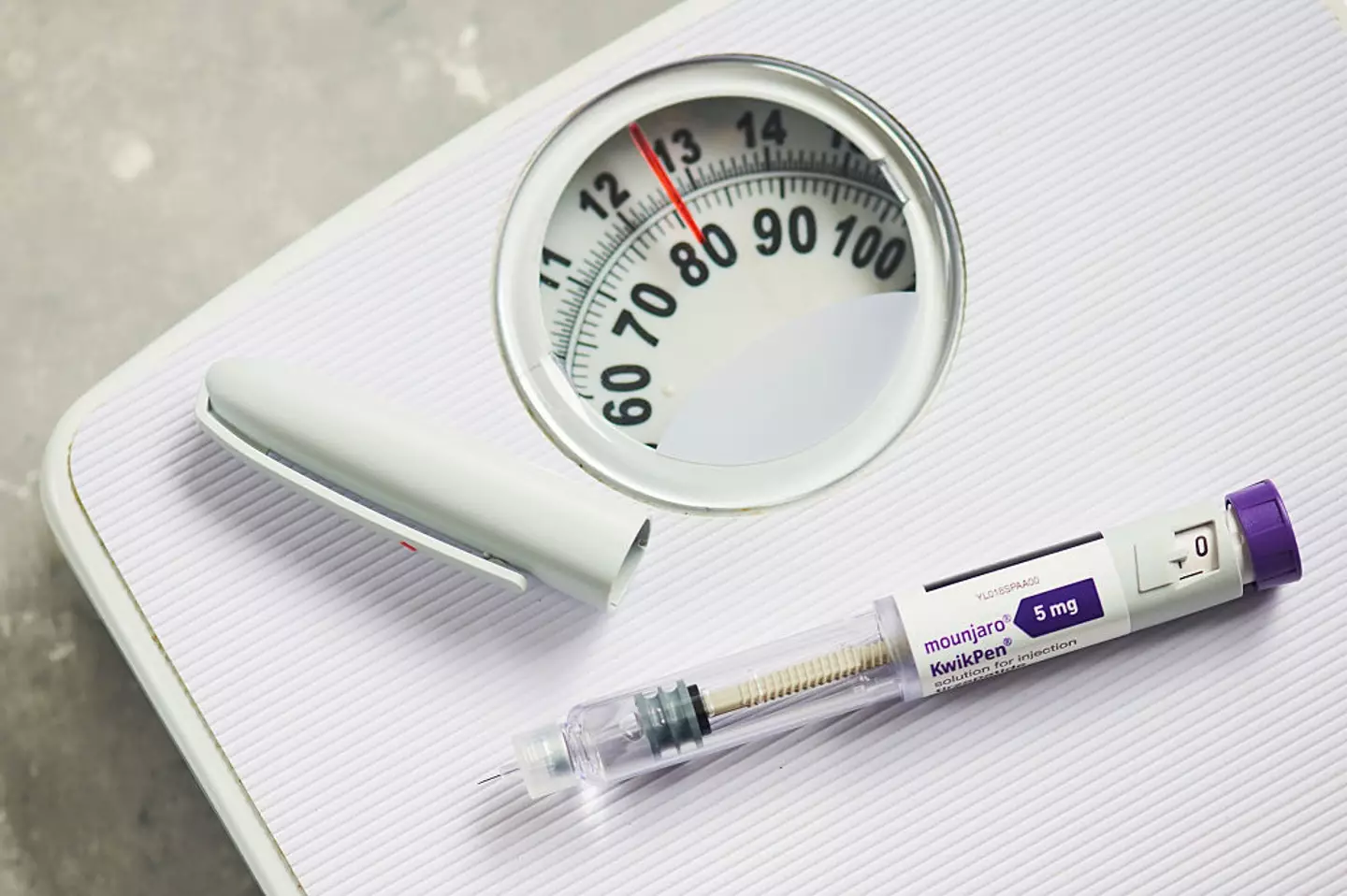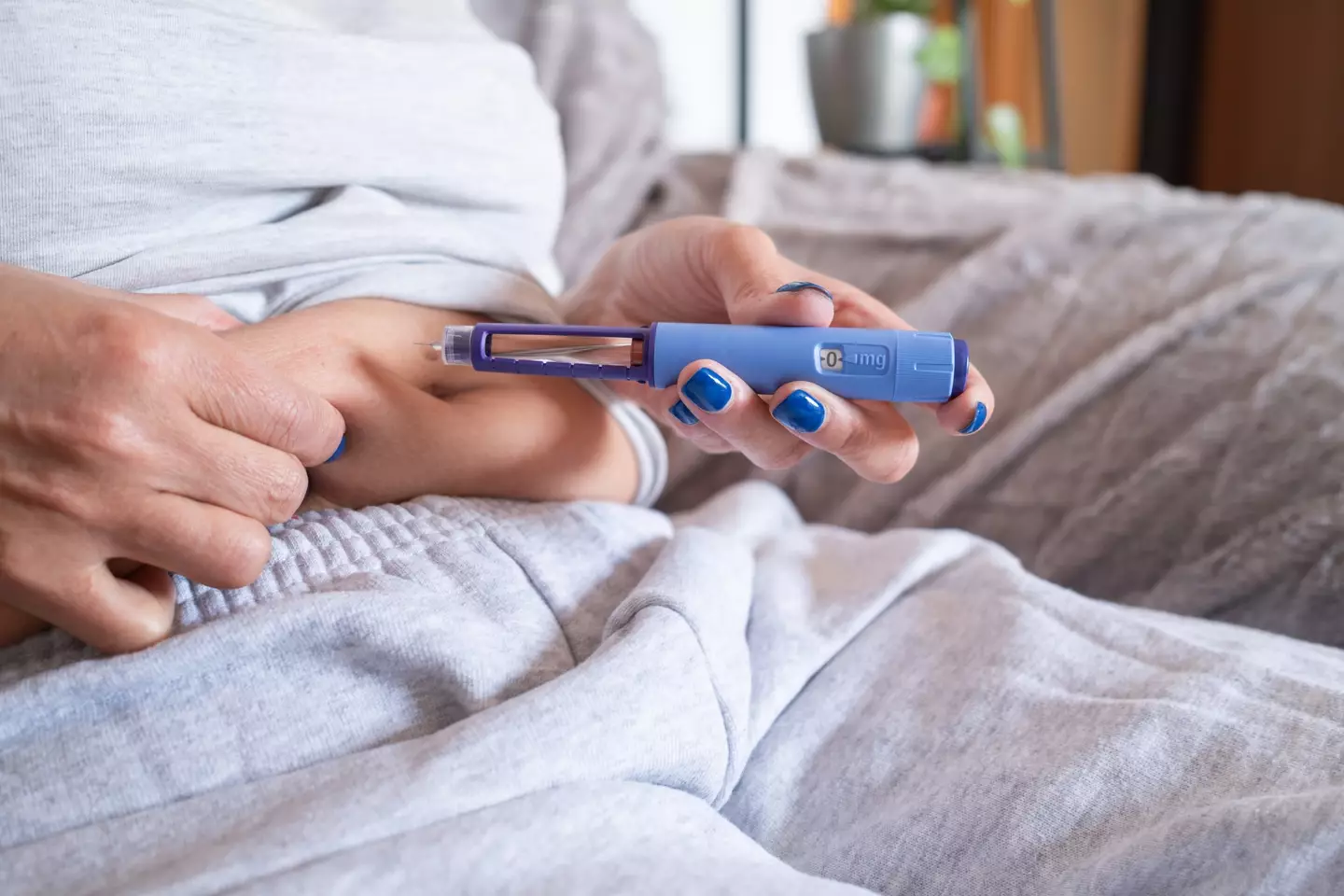
While GLP-1 inhibitor drugs like Ozempic and Mounjaro are relatively new to the medical world, they have demonstrated clear effectiveness for weight loss.
That said, doctors and medical experts continue to identify newly discovered potential risks that users should be aware of, especially when used outside their original intended purpose.
Certain studies have revealed concerning effects these medications can have on the body, and some social media influencers have documented what happens when similar drugs are used in unconventional ways.
However, new research is exploring a potentially safer and more convenient way to take weight loss medications like Ozempic.
Advert

Weight loss surgery can help many people shed pounds, but it comes with surgical risks and has historically been poorly funded through the public health system.
Since 2019, GLP-1 RAs (Glucagon-Like Peptide-1 Receptor Agonists) raised the bar for non-surgical weight loss, delivering much more promising results than previous pharmaceutical options.
One prominent medication in this class is semaglutide, the active ingredient in both Ozempic and Wegovy. GLP-1 receptor agonists work by reducing feelings of hunger, helping people feel fuller for longer by slowing stomach emptying and improving how the liver processes sugar.
Now, pharmaceutical giant Novo Nordisk is developing an Ozempic-style semaglutide tablet specifically designed for weight loss, and early results are impressive.
Participants in clinical trials lost approximately 15 percent of their body weight in just over a year, compared to only 2 percent for those taking a placebo - a dramatic difference that suggests the tablet form maintains the medication's effectiveness.

Eli Lilly isn't far behind. The company is developing a tablet called orforglipron, and early studies show similarly promising results.
People taking orforglipron shed about 12-15 percent of their body weight over nine to 18 months, while two out of every five participants lost more than 15 percent of their starting weight.
Most people tolerated the medication well, with mild stomach upset being the most common side effect. Only about 5–8 percent of participants dropped out of the studies.
It's still early in the development process, and scientists need more long-term data to fully understand the medication's safety profile. However, orforglipron appears poised to become a valuable option for people who are needle-averse or simply prefer oral medications.
On the plus side, tablets have major advantages over injections. They don't require cold storage, eliminate the need for needles, and are much simpler for travel.
As technology continues improving, it's likely both injection and tablet options will coexist, giving patients choices based on their preferences.
Naturally, however, more powerful weight loss drugs raise new fears. As a result of rapid weight loss, people can experience loss of muscle mass, loose or stretched skins and possibly metabolic complications. Experts emphasise that most of these risks are preventable with careful, responsible use under the supervision of a GP or specialist.